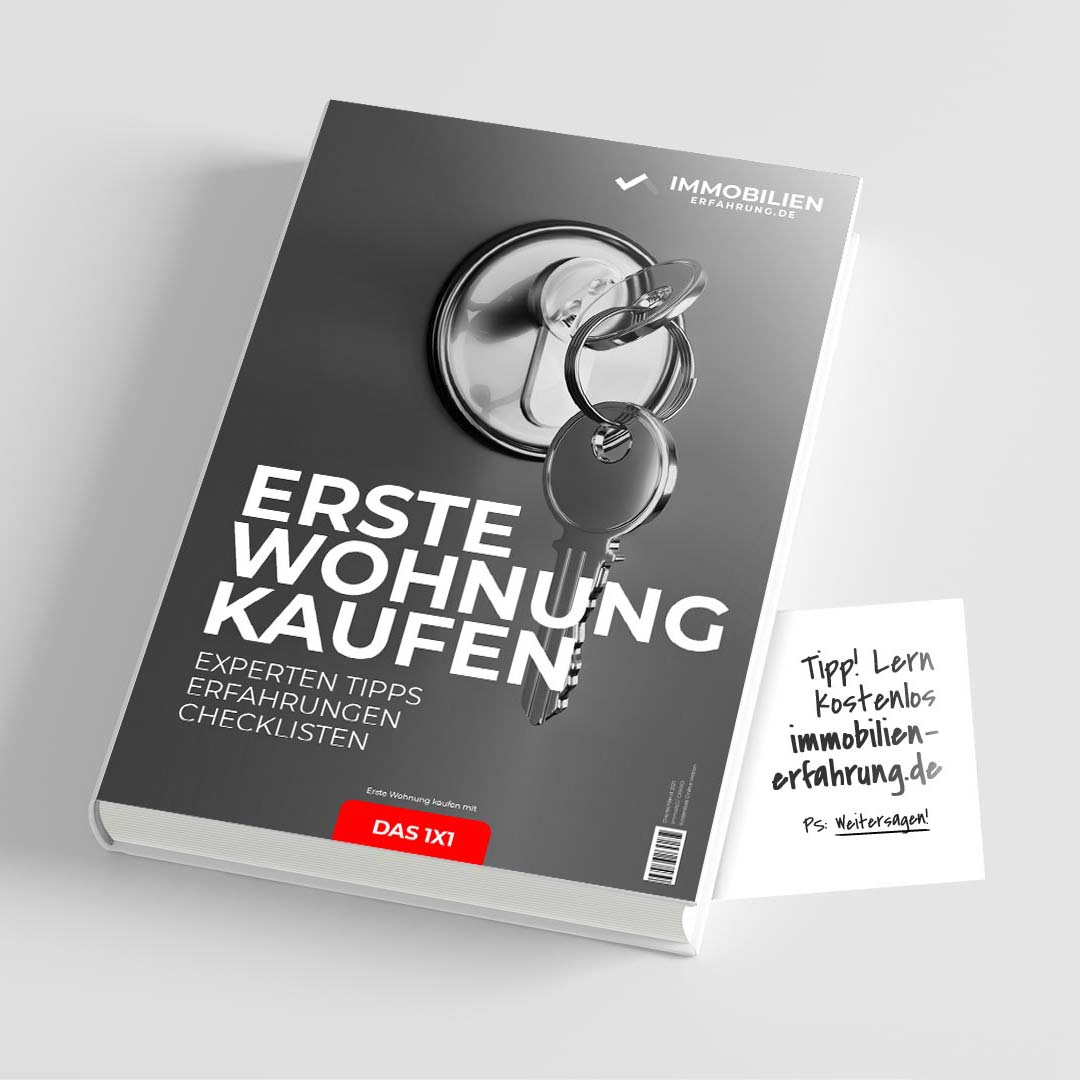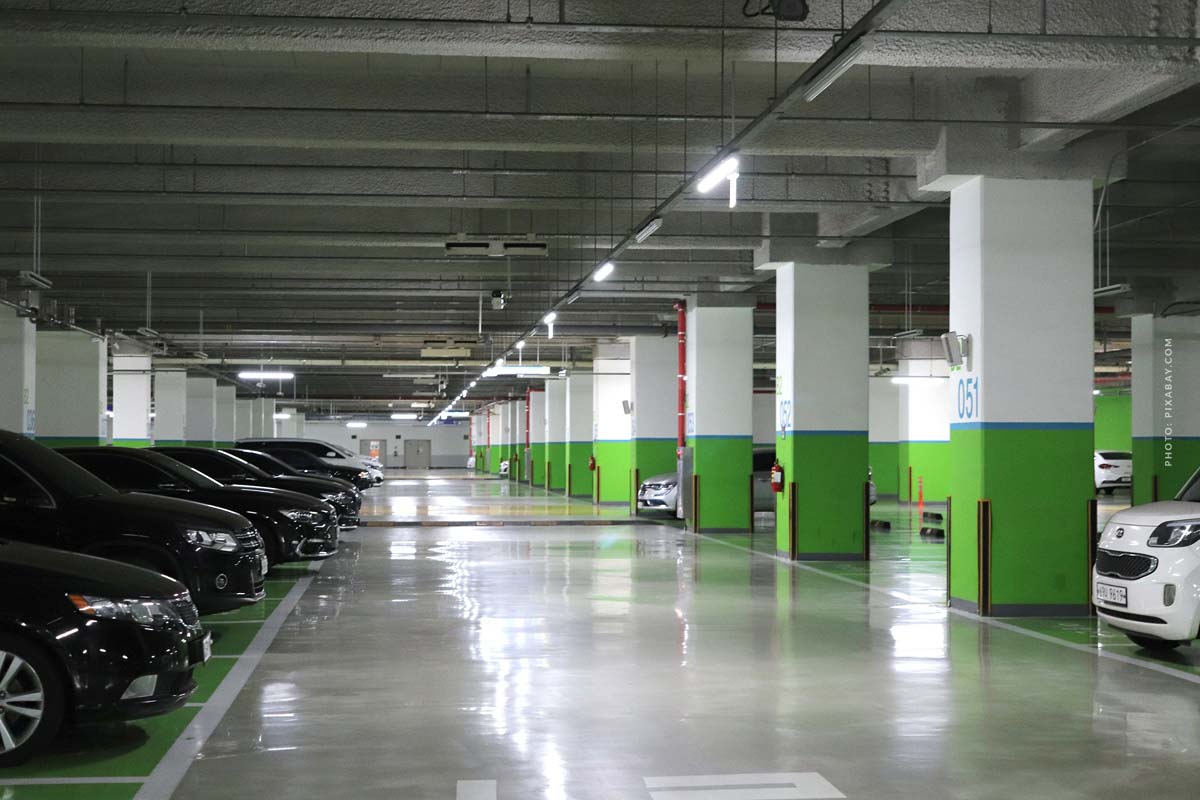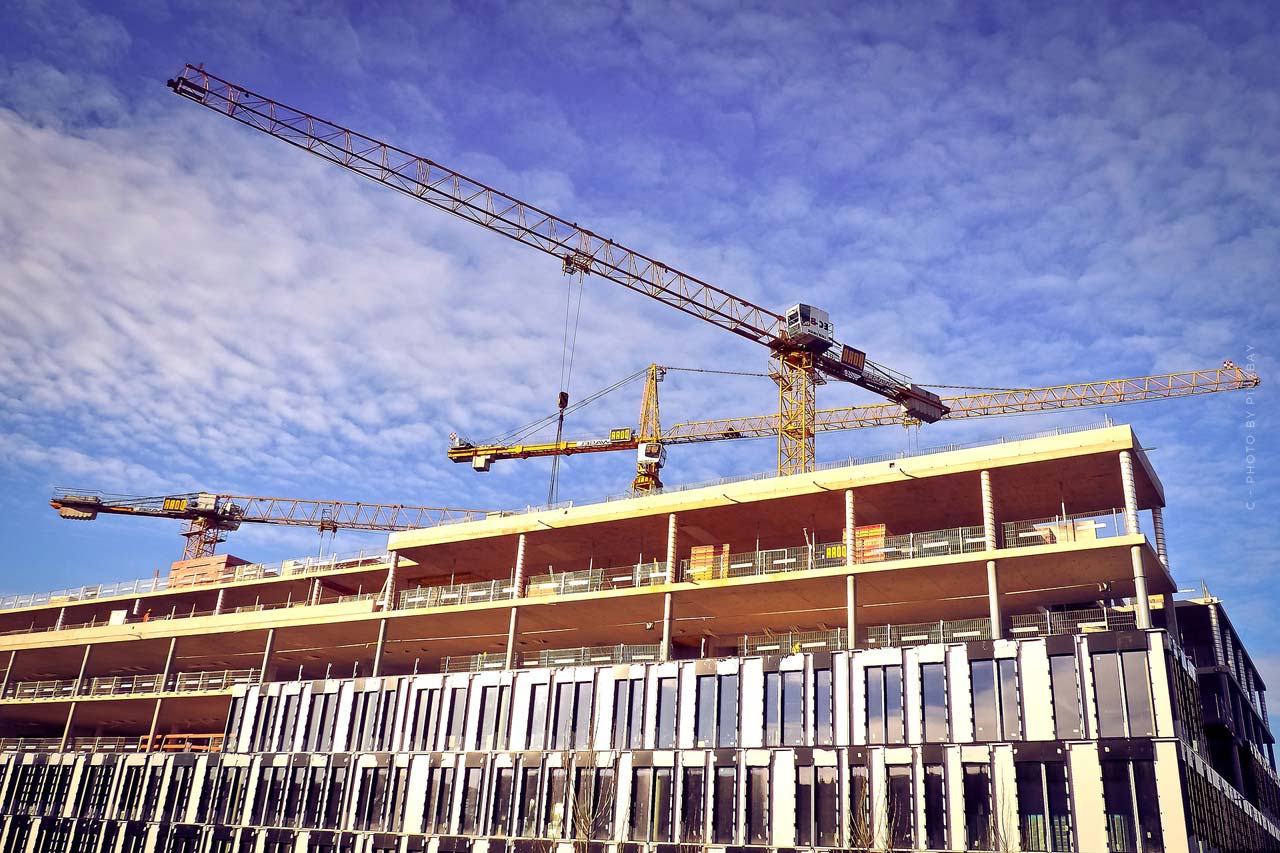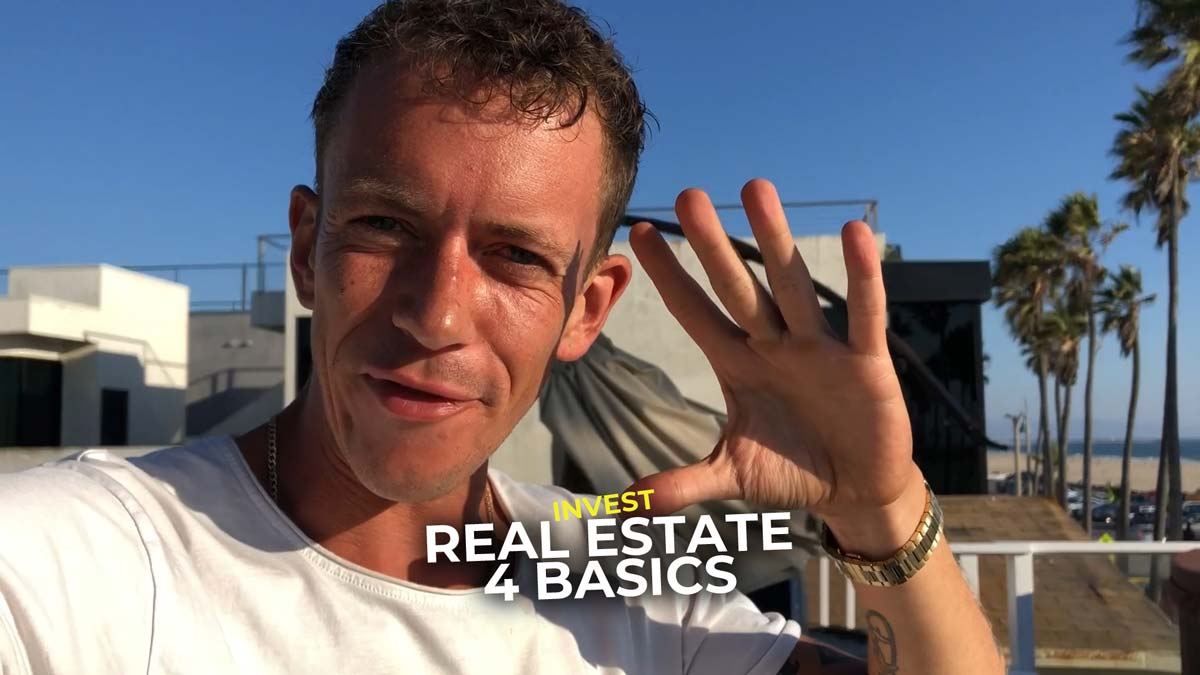Buying your first property: House & apartment as an investment or owner-occupier
Buying property – house purchase or apartment purchase, every week we receive many questions from readers and customers – time for a guide! The entire process from A-Z, with all the tips, formulas, definitions for owner-occupiers (self occupy) and capital investors (buy and rent). Personal goals, criteria for real estate search, quick evaluation, as well as detailed examination of figures and substance of the property, up to the negotiation with the real estate seller. Financing, purchase transaction, purchase contract, land register, taxes and handing over the keys. Everything, for real estate beginners, on Immobilien-Erfahrung.de.
Buying real estate for beginners: New now!
For the first property, house or apartment, as an investment or for owner-occupiers, here we now collect knowledge and tools (formulas, etc.) for real estate beginners. In fact, we receive many emails, the questions become more and more, hence the idea to create a new project that specializes exclusively on the subject:
- Buy property – Immobilien-Erfahrung.de
Of course, with a focus on real estate as an investment (for rental, further sale), after all, you want to earn money with real estate! The first condo, the second condo, the third and fourth. Learn the basics here, with tips, experiences and mistakes. That way, you’ll be optimally prepared to buy your first property! You can find the entire guide now on Immobilien-Erfahrung.de.
After the cover (link to page), I’ll still introduce you to the steps involved in buying a condo or house.
PS: The book cover by me is just to clarify, it’s a lot of knowledge! I wish you much success in buying your first condo(s) or house(s)!
Let’s take a look at the contents together, in a brief overview.
Criteria of the property: goals?
Step number 1: We define your personal goals. Simply put:
- Real estate for own use and / or
- Real estate as an investment
- Real estate as a capital investment (with sufficient creditworthiness)
So before it goes into the real estate search process, think about your goals as a real estate investor. Are you simply concerned with self-interest or do you want the famous “financial freedom”, “never work again” and “live off real estate”, in other words “live very well”.
Retirement provision Self-interest – Stop!
It’s interesting that many get a property for their own use and then assume “I’ll never have to pay rent again!”
Many people make the mistake of thinking that if I buy a property for my own use, I’ll be set for my old age and live rent-free! A fatal mistake, because operating costs are always incurred. If the property is later 20, 30 or even 40 years old, there will also be many repairs, renovations and modernizations.
Therefore you think also with the goal “only” own use, about a second real estate, as capital investment!
At least to pay the operating costs in old age, as well as repairs and for a monthly, small return from the rent, the by then, already paid off property.
In addition to self-interest vs capital investment, it’s about examining your own financial situation. The big question:
How much real estate can you afford?
But you also get to know parameters, e.g. the location.
The perfect segue to your property search criteria.
Location, apartment type and condition
The following is about finding the right location for your real estate investment. There are different types of camps.
What are the 3 types of location for real estate?
You know the saying of all real estate agents and investors: “Location, location, location”. They are right, because location is a big parameter in your (later) profitability calculation.
In 99.9% of the cases we speak of A, B and C position.
A-location: Investment property
A-location in real estate means:
- Price: Very high purchase prices / prices per square metre
- Purchase of investment property (speculation on future)
- Locations like Munich
B-location: Yield property
B-location in real estate means:
- Price: High / “average” purchase prices
- Purchase of income property (cash flow from rental)
- Locations like Wiesbaden
C-location: risk property
C-location in real estate means:
- Small towns / municipalities in structurally weak regions
- Demographic, stagnant or declining development
Choice of location and proximity of the property(ies)
Ideally, you are looking for / buying a property in a location that is not too far away from your “life”. You yourself live in Hanover, but your family lives in Munich? Then sometimes locations that are on the way can also come into question. Practical for viewings and also the later work on and with the property.
On the way are, here in the example, good cities in B-location (more profitable than Hannover, Munich itself), like:
- Kassel
- Nuremberg
- Ingolstadt
- Göttingen
- Würzburg
- Erfurt
- Jena
- Bamberg
Here’s how your site selection works as a real estate newbie, simply put.
That is, the choice of location refers again to the preparation in step 1. A property that is hundreds of kilometers away and visits are associated with great effort, is not recommended as the first property.
What type of property fits your location, financial situation and demographics? As a real estate investor, there are many different types of apartments and houses available to you. The question is, what type of property best fits your personal goals that you defined in Step 1?
Equity: Financing? Credit rating?
We’ve already discussed the question, “how much property can I afford?”. Typically, the bank requires about 15% equity, depending on your credit rating, bank and contact person (+/- 5%). However, with good credit, you can manage to finance with 0% equity.
Creditworthiness, i.e. credit rating and available equity, are an important issue for real estate beginners, because who can pay cash for a property?
At the same time, opinions differ here: owner-occupiers should provide as much capital as possible. Investors, on the other hand, should try to provide as little equity as possible for the financing, ideally 0%.
Why and why, learn for free, on Immobilien-Erfahrung.de!
Find an apartment: Brokers, portals, …?
You have defined your goals, checked the location and found optimal regions and locations for you. You have checked your credit rating, the financing and maybe even a previous financing confirmation for amount XY.
Tip! With a prior confirmation of financing from your bank, you will get good, profitable properties much faster.
This means that the bank confirms in advance: We would finance Mr or Mrs XY a property worth XY.
Most people look for a property first and then go to their bank. This takes a lot of time and sometimes the seller quickly finds another person, especially in a real estate market like Germany, who buys the property and can provide the appropriate financing immediately.
After that, there are various ways and means to get real estate.
- Classified ads
- Classifieds on Ebay
- Real estate portals the ImmobilienScout24, Immonet and others
- Contact private network, “who knows someone who knows someone?”
- Real estate agent, also for accesses, real estate portal publication
- …
Learn more about property search and the options available to you as a prospective buyer now at Immobilien-Erfahrung.de.
Valuing a condominium: purchase price?
You have found a property in your predicted location, at a good price for you, perfect! But is there anything you can do about the price? In general:
Is the property, whether an apartment or a house, worth the money?
Remember this:
An offer price (e.g. real estate portal) is not a sales price.
Advantage for you!
At least if you know how to argue for a lower selling price, with meaningful facts. The biggest factor in the reduction of the purchase price is, of course, the substance of the property. But how do you value a property? What aspects are included in a property valuation? What do you have to consider when it comes to common property, living room, bathroom, kitchen, roof truss,…
A sound property valuation has the most effective impact when it comes to the purchase price design. You cannot find better arguments than clear facts.
You will also learn how to “value” a property from the first glance at the offer. More precisely, you calculate the profitability of the property when rented. This value (rental yield) gives an insight, through only 2 factors: purchase price and annual rent.
Tip for future real estate investors!
There are two things you will constantly need and hear: Rental yield, or more accurately gross rental yield, and the purchase price factor. Both help to quickly evaluate real estate listings. Learn more about the difference here and get to know my recommendation for you, as a real estate beginner:
Purchase process, notary, land register, handover of keys?
Last but not least comes the purchase transaction. Everything from the notary, to the preliminary purchase agreement, the purchase contract, land registration, handover of keys and of course all the costs that you, as a real estate buyer, have to transfer to the various agencies.
In addition to the purchase price, there are also the ancillary purchase costs. The ancillary purchase costs, whether house or condominium, consist in most cases of:
- Notary fees
- Costs for the land register entry
- Brokerage costs
- Real estate transfer tax
For real estate buyers, important in the first step, the land transfer tax. The land transfer tax varies depending on the federal state, it is currently between 3.5% and 6.5% of the purchase price.
When the seller, the notary, if necessary the estate agent, as well as the tax office (land transfer tax) have been paid, the entry in the land register can be made.
Congratulations, you are the owner of your first property!
Learn this process in detail, with insider tips, checklists and much more. Best of all, all free of charge.
First apartment / first house: Learn for free
My thought behind the website? The entire buying process, on one page, in detail, with tips and insider tips. Not just one page with the typical 1, 2, 3 processes.
Learn completely free, 24 hours, 7 days a week online. With important calculations, of course, calculations and formulas, as well as their calculation methods, checklists but also valuable experience and mistakes.
If you have any additional questions, you can always write to me and my team on the website. We will then include these additional questions in our Q&A and.
This means that with every question you ask, our platform gets better! From the preparation on the real estate purchase, over the purchase price negotiation, up to the subsequent renting, if you buy your real estate as an investment.











